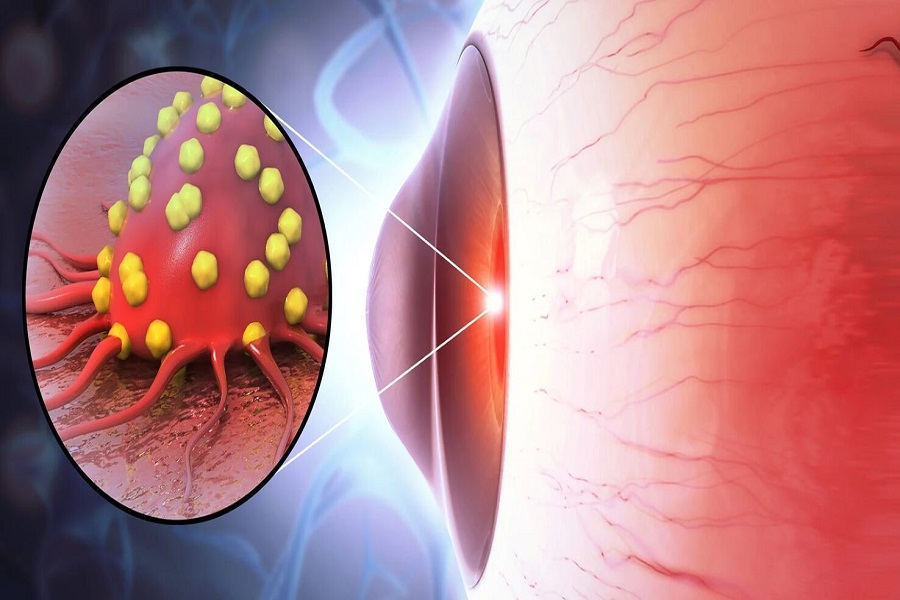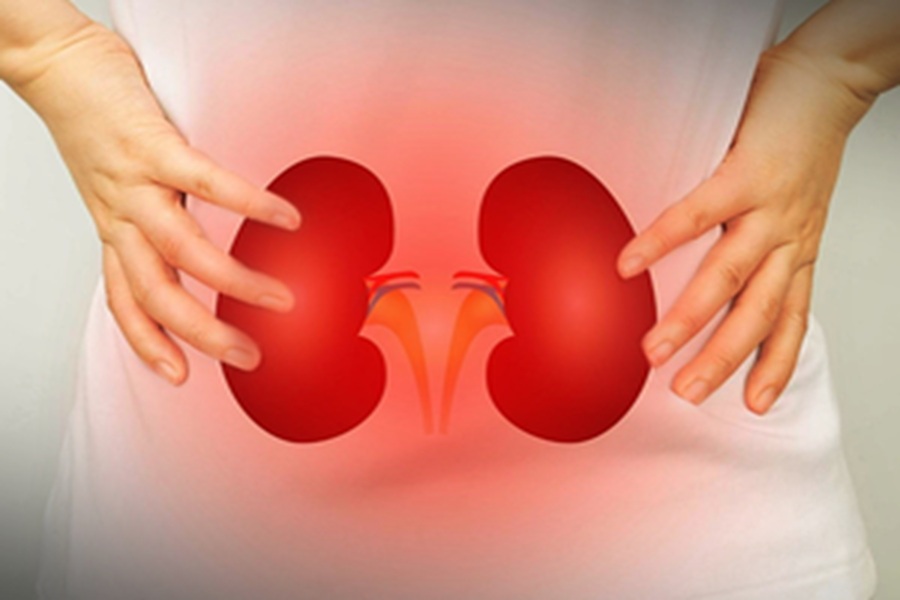Study shows new drug delivery system effective against rare eye cancer

A team of US researchers has found a new drug delivery system that showed more efficacy and improved the treatment of a rare eye cancer that spreads to liver.
The multi-institutional study led by Moffitt Cancer Center in Florida, US, found that percutaneous hepatic perfusion using a melphalan hepatic delivery system may help patients with metastatic uveal melanoma (mUM) -- a traditionally hard-to-treat cancer and with usually poor outcomes.
Melphalan/Hepatic Delivery System is a drug or medical device combination used for liver-directed treatment of unresectable mUM patients.
This study assessed the efficacy and safety of the melphalan hepatic delivery system versus the best alternative care.
The results, published in the Annals of Surgical Oncology, showed that the treatment with the melphalan hepatic delivery system can help control the cancer in the liver.
“This new treatment gives hope to patients with this historically tough-to-treat cancer,” said lead author Jonathan Zager, surgical oncologist in the Cutaneous Oncology Department at Moffitt.
“The treatment provides an option that does not interfere with their quality of life and gives patients a chance at longer survival,” Zager added.
In the clinical trials, one group of patients received the melphalan hepatic delivery system treatment, while the other group received standard-of-care treatment.
Compared to patients receiving alternative care, those treated with the melphalan hepatic delivery system experienced significantly improved outcomes.
The study reported that the median progression-free survival for these patients was 9.1 months, compared with 3.3 months for those on standard treatments.
The disease control rate also substantially increased from 46.9 per cent to 80.0 per cent.
Patients treated with the melphalan hepatic delivery system lived a median of 18.5 months, compared with 14.5 months for those receiving other forms of care.
Although there were some side effects, mostly related to blood cell counts, these were treated with standard care as an outpatient and mostly resolved with observation alone.
The melphalan hepatic delivery system treatment was approved by the US Food and Drug Administration in August 2023.
Unlike regular chemotherapy, this treatment delivers a high dose of the drug directly into the liver, which is isolated with a series of catheters and balloons via percutaneous insertions.
The chemotherapy is filtered out before it gets introduced to the rest of the body. This targeted approach helps reduce harmful side effects in the rest of the body.
However, more research is needed to test the benefits of the melphalan hepatic delivery system.
























